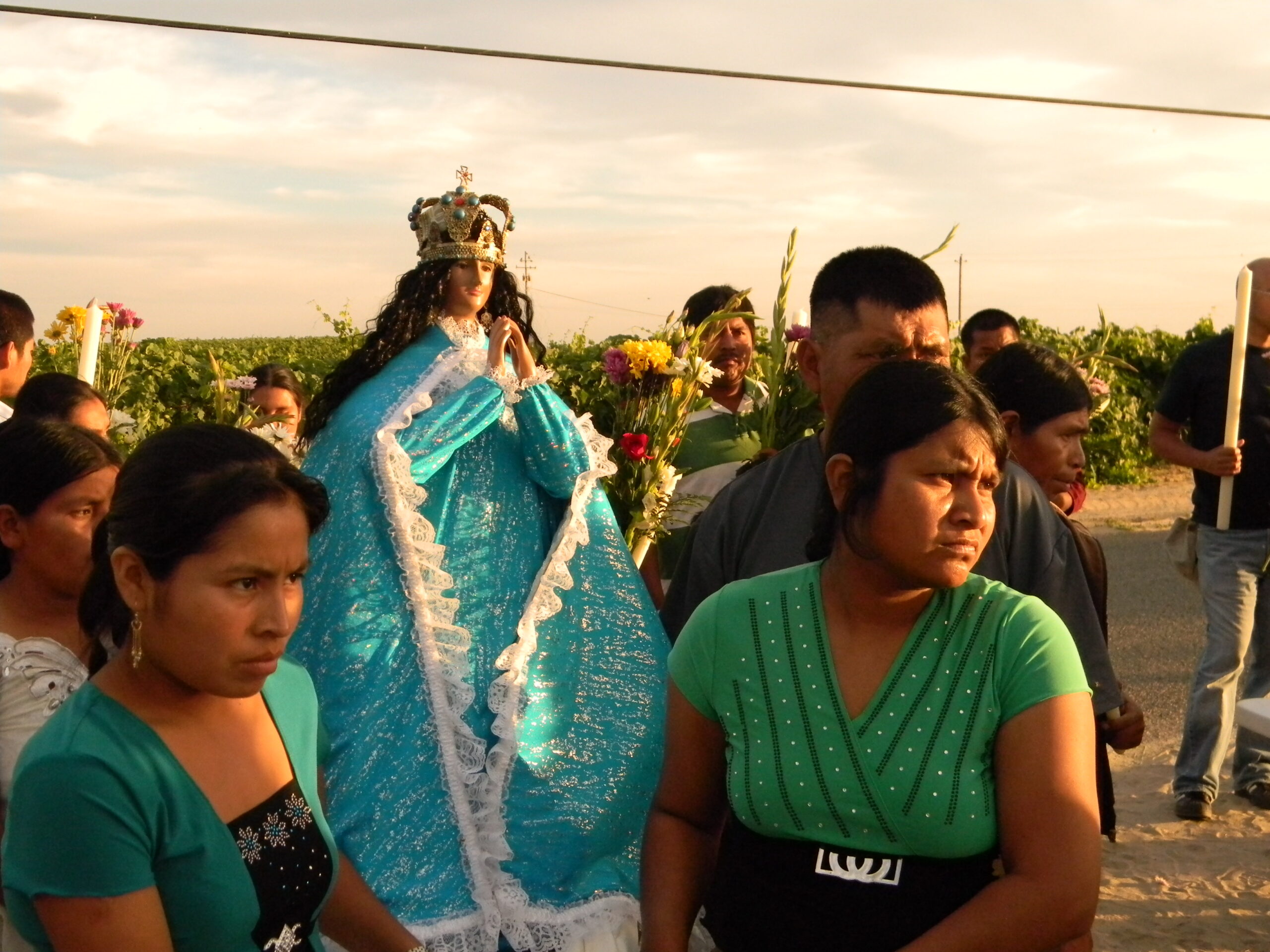Ministry Today: #2 Evangelii Gaudium 200
Alegría del Evangelio
“Quiero expresar con dolor que la peor discriminación que sufren los pobres es la falta de atención espiritual.” (EG 200)
Esta declaración es humillante y desafiante. ¿Prestamos atención a las necesidades físicas de los pobres, mientras no prestamos atención a su cuidado espiritual? Jesús sorprendió a los que lo seguían cuando un paralítico fue bajado del techo de una casa y dijo: “Tus pecados te son perdonados”. Era obvio que el hombre en frente a Jesús quería ser sanado, pero Jesús llamó la atención sobre su cuidado espiritual. Después de atender su necesidad espiritual, Jesús se ocupó de su necesidad física.
Una mujer en un campo de migrantes en Oregon capturó el sentimiento del Papa Francisco. Pregunté qué podía hacer por la gente de los campamentos. Ella dijo: “No necesitamos que sea nuestro trabajador social o nuestro abogado. Necesitamos que sea nuestro sacerdote”. Es más fácil proporcionar a las personas alimentos o asistencia financiera que tomarse el tiempo necesario para escuchar y responder a las necesidades espirituales de los pobres.
Puede sorprender a mucha gente que, como líder religioso, muy pocos inmigrantes se me acerquen en busca de ayuda financiera. La mayoría de las veces, las personas piden oración, consejo por tristeza y la gracia de los sacramentos para ellos o sus hijos. Las personas vienen en busca de apoyo durante tiempos difíciles relacionados con las preocupaciones de sus seres queridos y para obtener consejos sobre problemas de inmigración.
Trato de pasar tiempo en oración sobre el párrafo 200 del Gozo del Evangelio al menos un día a la semana. Que respondamos a la preocupación del Papa Francisco por el “cuidado espiritual” de los pobres.
The Joy of the Gospel
“I want to say, with regret, that the worst discrimination which the poor suffer is the lack of spiritual care.” (EG 200)
This statement is humbling and challenging. Do we pay attention to the physical needs of the poor, while failing to pay attention to their spiritual care? Jesus shocked those following him when a paralytic man was lowered through the roof of a house, and he said, “Your sins are forgiven.” It was obvious that the man placed in front of Jesus wanted healing, but Jesus called attention to his spiritual care. After attending to his spiritual need, Jesus took care of his physical need.
A woman in a migrant camp in Oregon, captured the sentiment of Pope Francis. I asked what I could do for people in the camps. She said, “We do not need you to be our social worker or our lawyer. We need you to be our priest.” It is easier to provide people with food or financial assistance than taking the time needed to listen and to respond to the spiritual needs of the poor.
It may surprise many people that as a religious leader, very few immigrants approach me seeking financial help. Most often, people ask for prayer, counsel for grief and the grace of sacraments for themselves or their children. People come for support during difficult times relating to concerns for their loved ones and for advice on obtaining help with immigration issues.
I try to spend time in prayer over paragraph 200 of the Joy of the Gospel at least one day per week. May we respond to the concern of Pope Francis for the “spiritual care” of the poor.






